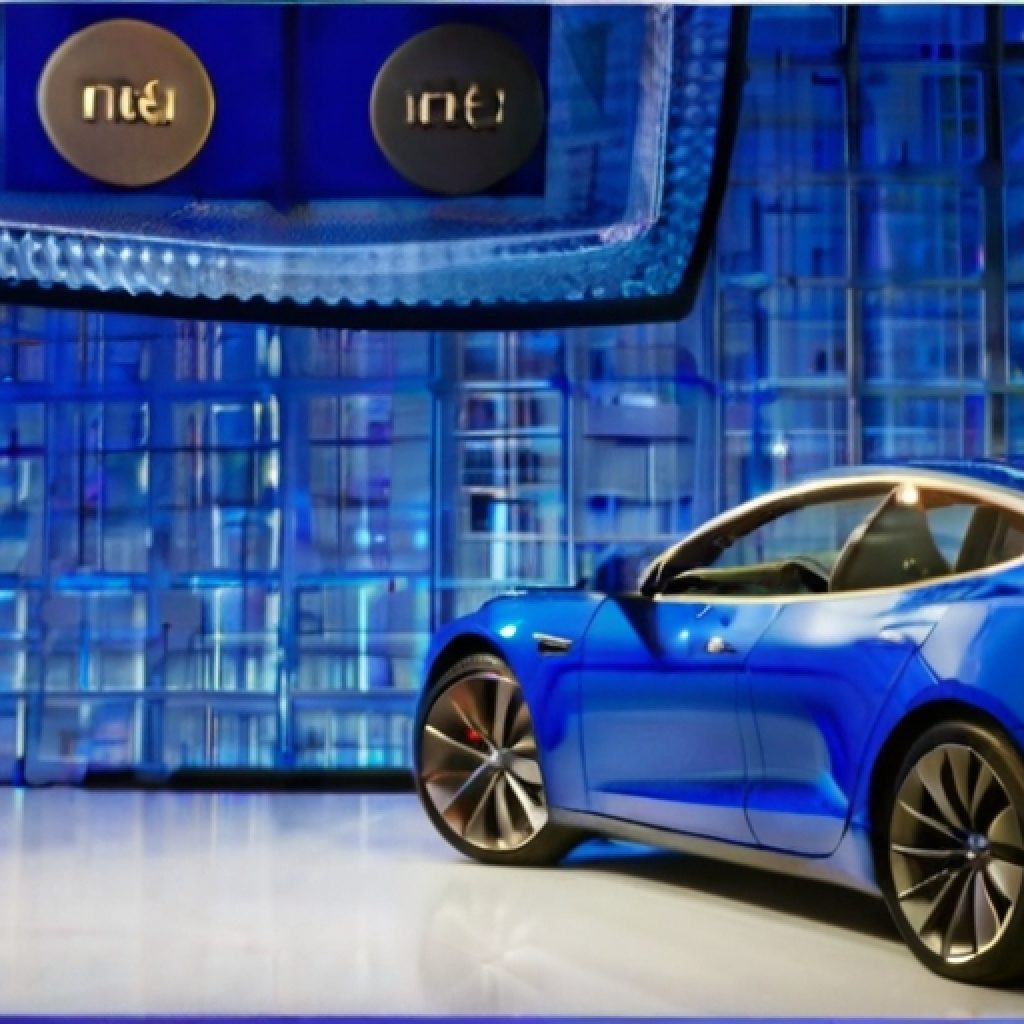Surrey University scientists have made a groundbreaking discovery in the field of carbon capture systems. They have found that Artificial Intelligence (AI) has the potential to significantly reduce energy consumption in these systems while enhancing their effectiveness.
The Challenge with Conventional Carbon Capture Systems
Traditional carbon capture systems operate at a constant speed, disregarding fluctuations in their environment. Professor Jin Xuan of Surrey University highlights this limitation, which inspired their research.
The study demonstrates that AI can revolutionize carbon capture. By enabling systems to adapt to even the smallest changes, AI can lead to substantial energy savings, reducing carbon capture energy use by over one-third and improving carbon capture efficiency by 18%.
The UK government’s plan to establish carbon capture “clusters” in strategic areas aligns with this innovative approach. Major companies like Harbour Energy PLC, Shell PLC, and BP PLC are actively involved in these projects.
Carbon capture setups can benefit from local renewable power sources, but weather variations often require additional grid power. AI models can fine-tune these setups based on plant productivity and energy availability, addressing these challenges.
Making Carbon Capture Sustainable and Affordable
This progress not only contributes to reducing industrial carbon emissions but also makes carbon capture more cost-effective. AI’s ability to respond swiftly to changes is a crucial aspect of sustainable and efficient carbon capture solutions.
As the world intensifies its efforts against climate change, the synergy of AI and environmental technologies emerges as a game-changer. Research from the University of Surrey underscores the transformative potential of these emerging tools in cleaning and optimizing carbon capture from industrial sources.





